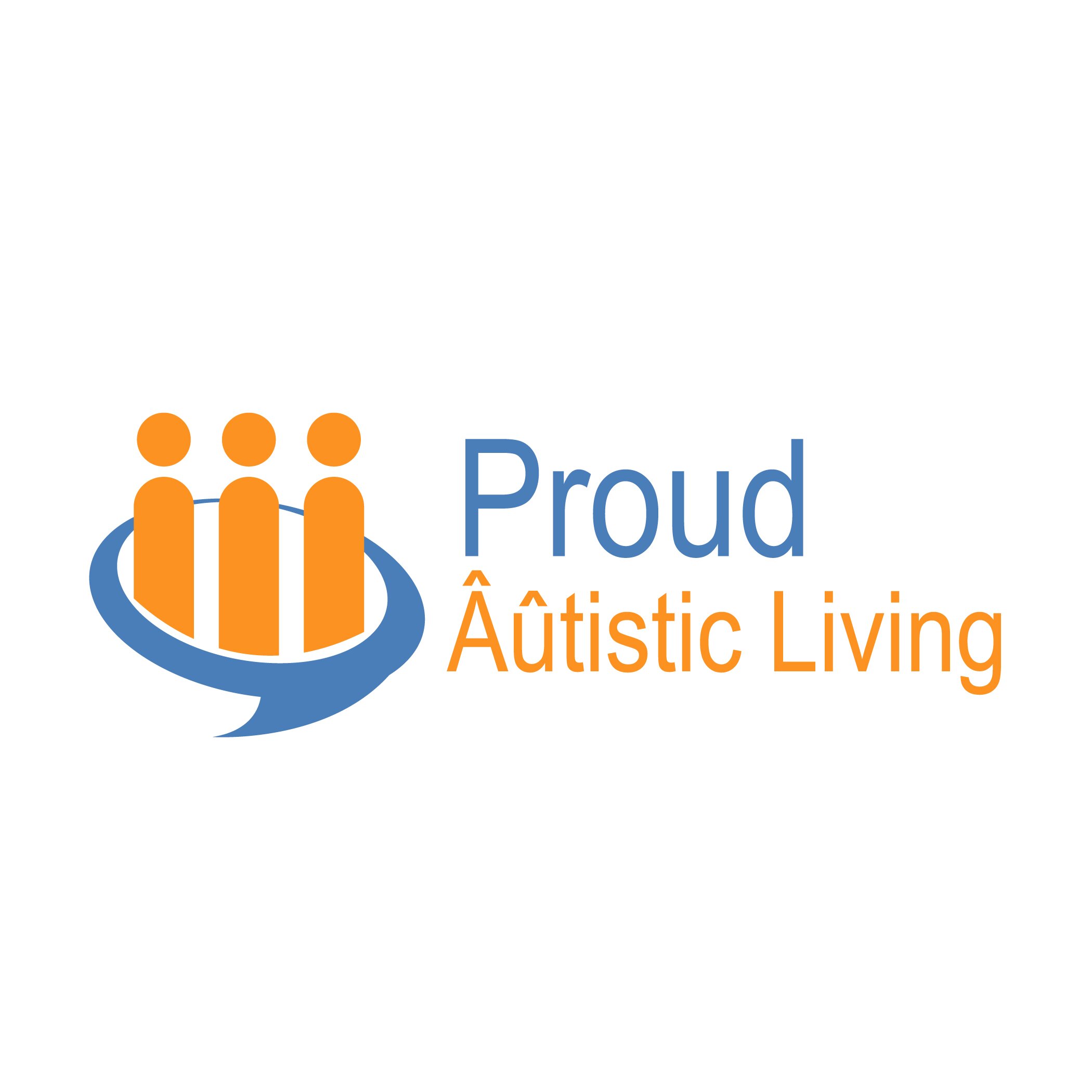Just Imagine.
The month of April is in full swing and both negative and positive stories of autism abound. Unfortunately, the major ones and the ones that seem to get the most oxygen are the negative ones.
Stories of punctuated with words like suffering, epidemic, terrible, horrible, destruction and so forth abound in these negative stories and narrative.
This is not the story of Autism. In reality, the story of Autism is the story of humanity. It’s always been there with us. It will always be there with us. In short, it’s a part of the human condition. Not that I am saying everyone is a little bit autistic, heaven forbid I would utter such words. But it is part of the human condition because, in truth, we are always coming into contact with autistic people. This is true today, it was true in the past and it will be true in the future.
So the burning question is why is it we are so bent out of shape about it. Films are made, false research is done, lies are told all to try and demonise autism and autistic people.
But why, it’s always been there and always will be.
Whatever happened to treat all humans as humans. If that was the case then it would be possible then that all humans could find their unique place in the world, minus the labels of dysfunction and disorder.
Wouldn’t that be grand?
But no we are so ingrained in a pathologised model of human existence that, an unattainable for any single person, an ideal of normal exists. It really is unattainable because humans are human and all have their own foibles and idiosyncrasies. Or perhaps more simply we all are just individuals.
Just imagine though if we redrafted our world, our societies expectations, our educational philosophies our political landscape so that neurology just wasn’t that important.
Just imagine if we just treated each other as the unique and individual humans we are.
Just imagine, that person that needed the extra quiet in the workplace would be able to have it. That person that needed the ramp to get in and out would get it, that person in need of more back support would get that ergonomics assessment. And so it would go on.
Imagine that, a world that accommodated each other.
Imagine that, a world that accepted difference as difference and not something wrong.
Imagine a world where a true neurodiversity paradigm could exist.
We have a long way to go to ever get there, but I remain ever hopeful.




